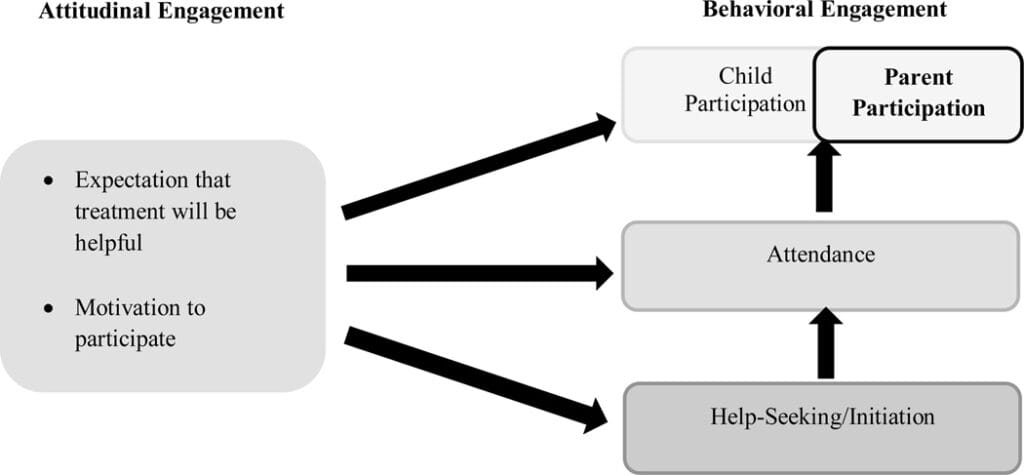Introduction
In an age where adolescents are faced with a myriad of challenges, from the pressures of social media to complex academic demands and emotional upheavals, the role of parents in guiding and supporting their teens becomes more crucial than ever. Parenting in itself is a multifaceted responsibility, but when it comes to raising teenagers, unique obstacles often arise. How can parents best navigate these challenges, foster open communication, and provide the right balance of structure and empathy? One increasingly important solution lies in parenting support groups.
Parenting support groups have emerged as vital communities where parents can come together, share experiences, seek guidance, and build a network of support tailored to the specific needs of raising teenagers. These groups create a non-judgmental space for parents to learn from each other, gain insights from professionals, and grow in their parenting skills. As we delve into the topic, we will explore the different aspects of these support groups and why they play an essential role in both the lives of parents and the development of their teens. Whether you’re a parent feeling overwhelmed, curious, or simply interested in enhancing your connection with your teen, this exploration into parenting support groups may offer the answers and encouragement you seek.
1. The Growing Crisis of Teen Mental Health and Substance Use Disorders
Understanding the Prevalence and Complexity
In recent years, the prevalence of mental health disorders and substance abuse among teenagers has become a growing concern. The turbulent teenage years can be a breeding ground for anxiety, depression, eating disorders, and addiction. The underlying causes of behavioral issues can be multifaceted, including genetic predispositions, environmental influences, peer pressure, or traumatic events, and are addressed in mental health treatment for teens. For parents, understanding and navigating these complex issues can be overwhelming, especially without professional guidance or support from others who share similar experiences.
Parenting Support Groups as a Resource
Parenting support groups that focus on these specific challenges can be an invaluable resource. By connecting with other parents who are dealing with the same struggles, individuals can find empathy, practical advice, and even professional insights from experts who might be invited to speak at group meetings. Learning strategies to recognize signs, communicate effectively, and provide appropriate support can empower parents to make a tangible difference in their teens’ lives.
2. Enhancing Communication and Connection with Teens
Breaking Down Barriers
Communication between parents and teens can become strained, especially when dealing with sensitive topics like mental health and addiction. Misunderstandings, anger, and frustration can create barriers that make it difficult for parents to reach their children effectively.
The Role of Support Groups in Facilitating Communication
Parenting support groups can provide techniques and strategies for breaking down these barriers and fostering open, honest communication. By learning from both professionals and other parents, individuals can find ways to approach difficult conversations, express empathy, and encourage their teens to open up about their feelings and struggles.
3. Building Resilience and Coping Strategies for Parents
Facing the Emotional Toll
The stress of handling a teenager’s mental health or substance use disorder can take a significant emotional toll on parents. Feelings of guilt, shame, fear, or helplessness can be debilitating and lead to burnout.
How Support Groups Can Help Parents Build Resilience
Parenting support groups are not only about the teenager’s well-being but also about supporting the parent. These groups can provide a community of understanding and encouragement that helps parents build resilience and develop coping strategies. By sharing experiences and insights, parents can learn how to maintain their own mental health and emotional balance, ensuring that they can continue to provide the care and support their teens need.
These three sections collectively underline the importance of parenting support groups, especially for those dealing with the multifaceted challenges of teen mental health and substance use disorders. By fostering understanding, enhancing communication, and building resilience, these groups serve as a lifeline for many parents navigating these complex terrains.
4. The Positive Impact on Teens
Improved Communication Between Parents and Teens
Open and honest communication forms the cornerstone of a healthy parent-teen relationship. Parenting support groups provide a safe space for parents to learn techniques to foster trust and openness, facilitating more effective conflict resolution and understanding.
Empowering Parents to Better Support Their Teens’ Emotional and Social Development
Emotional literacy is vital in parenting, and support groups enable parents to understand and respond to their teens’ feelings. They empower parents with tools and strategies to support their teens’ emotional and social growth, creating a more harmonious family dynamic.
Studies or Statistics Showing Positive Outcomes for Teens
Research showcases the significant benefits of parental involvement and support groups. For example, a study by the National Library of Medicine shows Parent Participation Engagement in Child and Family Mental Health Treatment with improvements in some outcome domains. Strategies targeting PPE were found to be effective overall. improvement in teen’s mental well-being when parents actively participated in support groups. These real-life success stories or testimonials further strengthen the case for these groups.

5. How to Find or Start a Parenting Support Group
Resources and Platforms to Find Existing Groups
Parents can explore online directories, community centers, and schools to find existing support groups. When choosing the right group, consider factors like location, group focus, and facilitator qualifications.
Tips for Starting a Support Group in Your Community
Starting a support group in your community can be fulfilling. A step-by-step guide includes identifying the need, finding a venue, advertising the group, and setting guidelines. Collaboration with local professionals or experts adds credibility.
The Role of Professionals and Experienced Parents
Incorporating mental health professionals, therapists, or counselors into your group provides expert guidance. Mentorship by experienced parents offers real-world advice, enhancing the group’s effectiveness.
Final Thoughts On Parenting Support Groups For Teens
Recap of the Key Reasons Why Parenting Support Groups are Essential for Teens
These groups have a profound positive impact on both parents and teens. They aid in managing mental health and substance use disorders and foster better communication and emotional support.
Encouragement for Parents to Seek Out or Create These Support Groups
Taking this crucial step in joining or forming a support group can transform your relationship with your teen. Don’t let concerns or barriers hold you back; support is available.
The Collective Effort to Nurture a Healthy and Well-Balanced Generation
Our teens are the future. By participating in or forming parenting support groups, we contribute to a broader societal effort to create a generation that is healthy, resilient, and well-balanced. Let’s join hands in this collective endeavor, filled with hope and community spirit.

Share This Post





